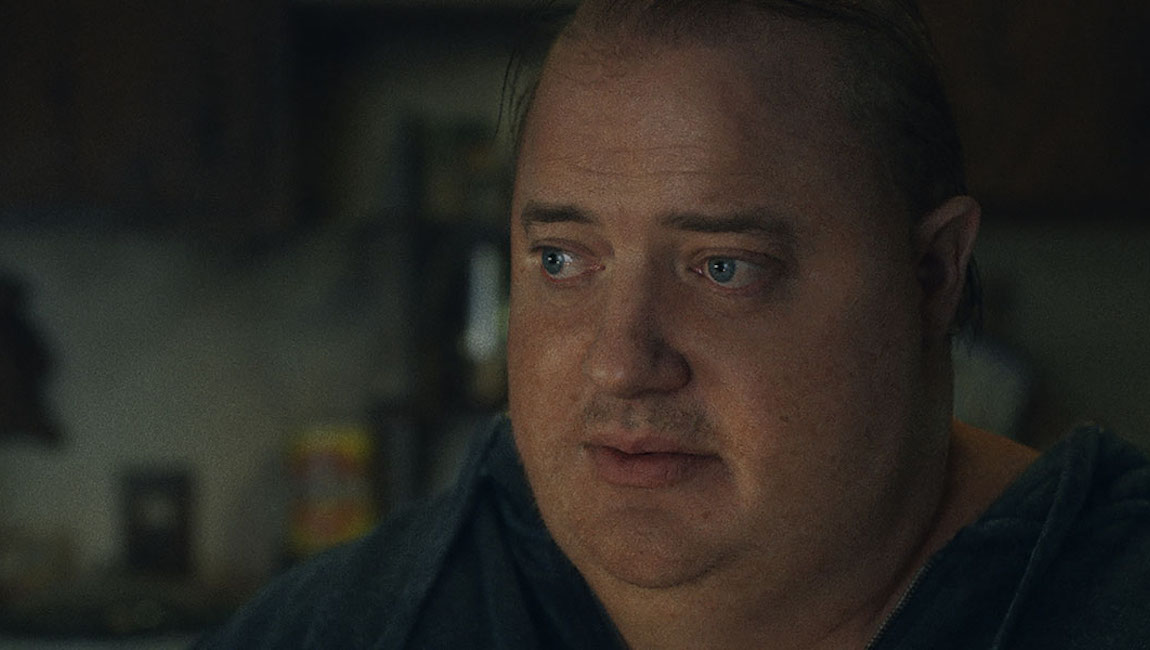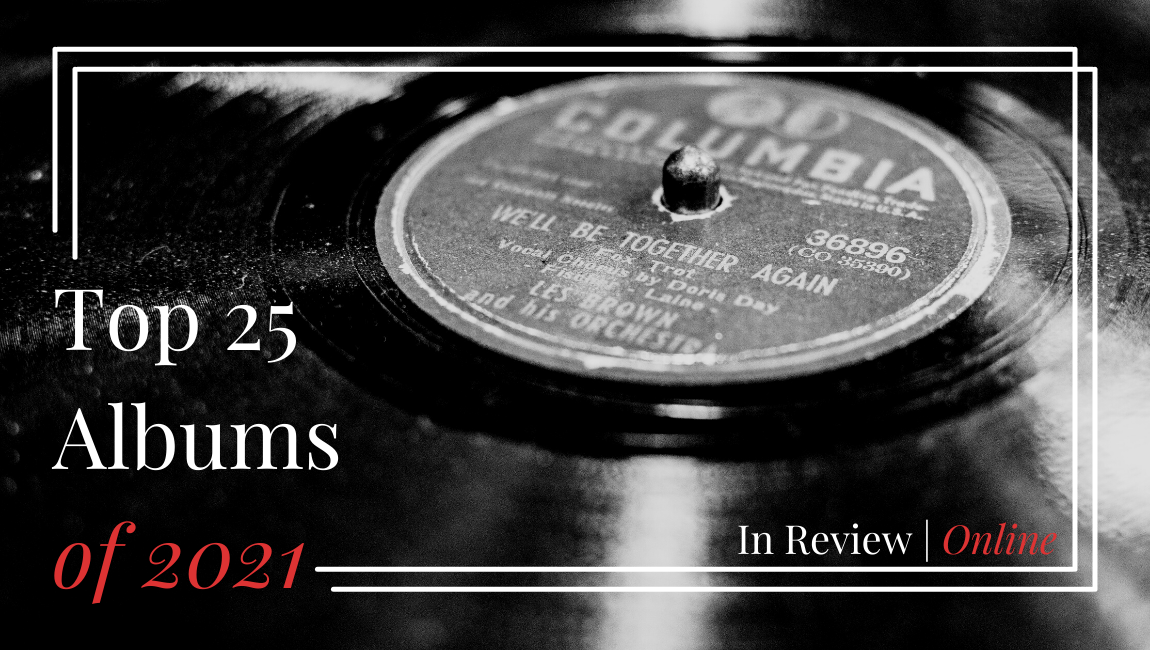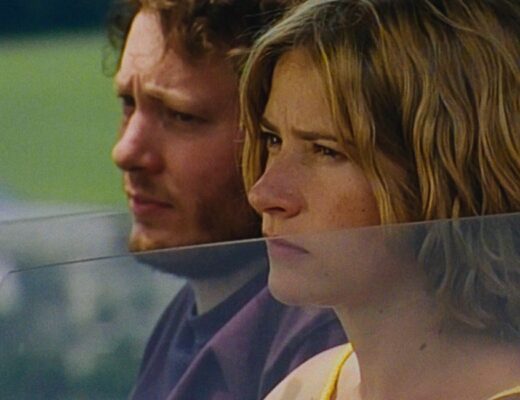Darren Aronofsky’s The Whale boasts an interest back-to-his-roots quality, but also affirms all of the director’s worst tendencies.
Although The Whale is an adaptation of the 2012 stage play by MacArthur Fellowship-winner Samuel D. Hunter, the film tends to feel of a piece with director Darren Aronofsky’s peak “auteur era,” at least more than anything else he’s made in quite some time. In particular, both the 1993 student short film Protozoa and 2000’s breakthrough (Hubert Selby Jr. adaptation) Requiem for a Dream favor a similar kind of verbal slugfest approach to their oddball dramas. In those films, lonely, cast-off characters monologue at each other about mundane issues that, thanks to the aesthetic accouterments of Aronofsky’s style, take on vaguely cosmic significance.
Back when those early Aronofsky films were released, the director’s name might have appeared in the same discussions around distinctive American indie auteurs that included the likes of Richard Linklater and Hal Hartley. But in the over 20 years since Requiem, the scope of Aronofsky’s cinema has expanded wildly — from the divisive, centuries-spanning folk sci-fi of 2006’s The Fountain, to the Oscar-bait of 2008’s The Wrestler, to the action film-cum-Biblical epic of 2014’s Noah, to two equally over-directed horror films, 2010’s Black Swan and 2017’s Mother!. All of these speak to nothing so much as a real lack of any authorial signature.
And while The Whale, a largely one-location shoot (fitting of its stage origins) that visually expresses itself through off-kilter blocking choices and some extreme prosthetics work, may not muster the same ostentatious style as Requiem, the two have other things in common. For one, Charlie (Brendan Fraser), the 600-pound online educator slowly eating himself to death who is the fulcrum of The Whale’s morbid chamber drama, is a character very much on the same continuum as Ellen Burstyn’s amphetamine-addicted Sara Goldfarb from Requiem. Both Sara and Charlie spend a lot of time posted up in front of their TVs — always a damning symbol of social withdrawal in Aronofsky’s films — and both waste away their days in relative solitude as fated victims of a society who’s never shown them, or the few friends and family members left in their orbit, the love and empathy that could have transformed their lives.
It’s the twinned themes of empathy and brutal, equalizing honesty that Aronofsky purports to be up to with The Whale, but his tactics (or maybe Hunter’s) are often questionable at best. Charlie’s embittered teenage daughter, Ellie (Sadie Sink), gets the meanest, bluntest material here, her rank cynicism, unabashed cruelty, and fondness for bigoted slurs situating her as more a symbol of the most toxic Gen X values than a convincing member of her own generational cohort. Similarly devoid of a coherent emotional life is Thomas (Ty Simpkins), the teenage missionary with a checkered past who shows up on Charlie’s doorstep just as he’s nearly succumbing to complications from his congestive heart failure. Thomas’s goal is to evangelize Charlie, but when he later meets Ellie, he becomes her new favorite ideological whipping boy.
So much of the writing here is firmly committed to the respective lane of its symbolism – gesturing toward the unfeeling cruelty of social media or the “cancer” of religion — which tends to leave little room for many of the side characters to develop beyond those broad definitions, and makes their eventual transformations feel especially convoluted. Thankfully, that isn’t as much the case for Fraser’s Charlie, partly due to the actor’s rather immensely emotionally committed performance, but also because Charlie is positioned as a moral ballast whose obscene appearance is contrasted by his rationality and calmness in the face of the more extreme characters’ assaults on him. Similarly, Charlie’s best friend and nurse, Liz (Hong Chau, almost as good here as she was in Downsizing), is animated by a compelling mix of grief and anger, the motivations for which serve to tie together some of The Whale’s disparate themes.
That said, Aronofsky never manages to resolve the tension between an ostensibly empathic view of his obese protagonist and the “honest” grotesquery of indulgent scenes of binge-eating, with cartoonishly cranked-up foley sound to emphasize the sense of disgust felt toward Charlie. Neither does The Whale fully commit to its miserabilism – instead, that gives way to a pretty banal denouement of tearful redemption that should earn the film undue awards consideration. The Whale wants to have big, showy nihilism and catharsis too, and of course that’s bullshit, but the constant talking about these ideas amounts to a more emotionally engaging form of bullshit than the empty style-over-substance of this director’s more explicit body-horror efforts. Aronofsky’s been trying to get this made for a decade, and there’s an intriguing back-to-his-roots quality to the film, even if a lot of it also affirms the worst tendencies he’s picked up since.
Originally published as part of TIFF 2022 — Dispatch 4.







